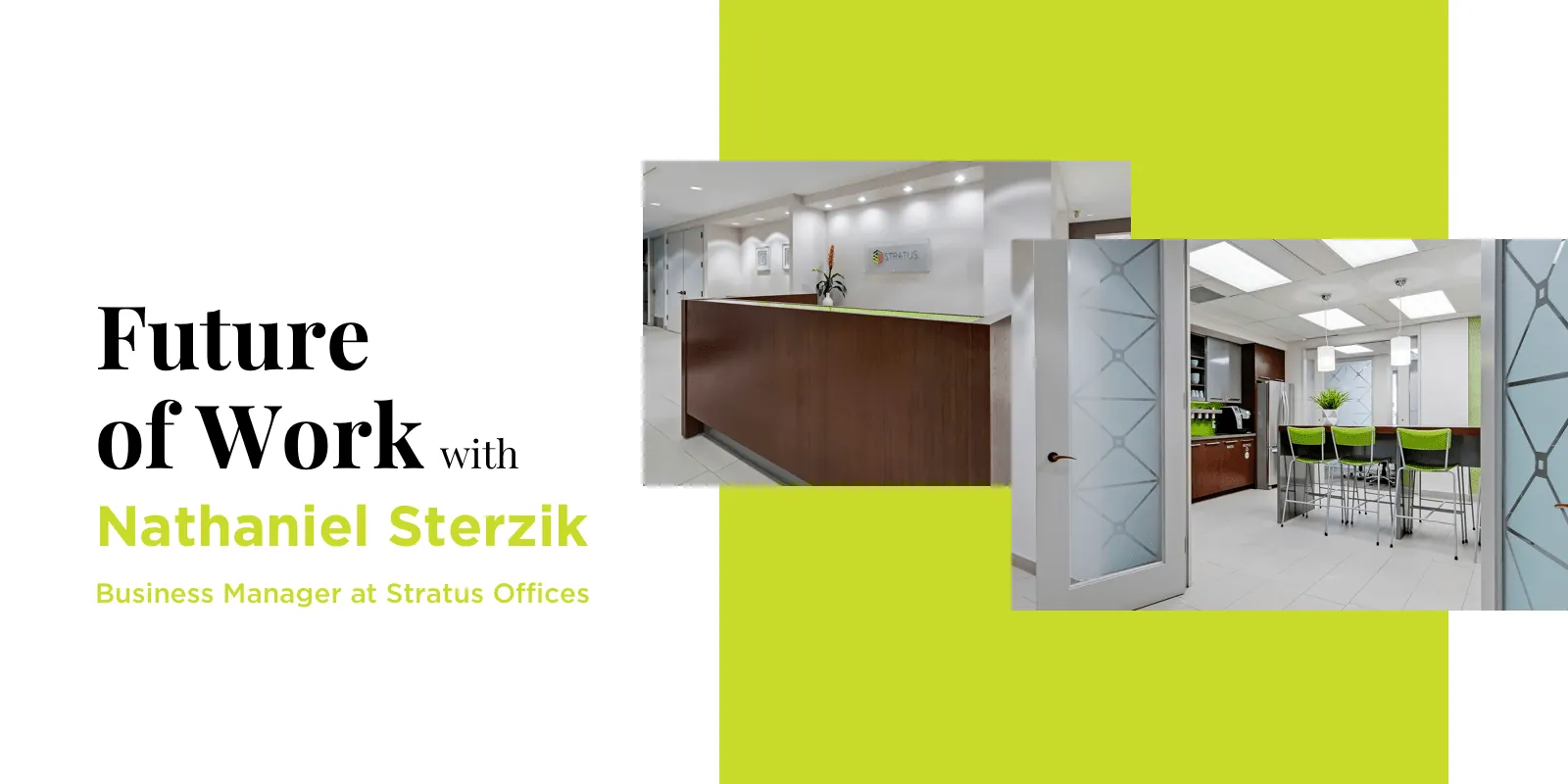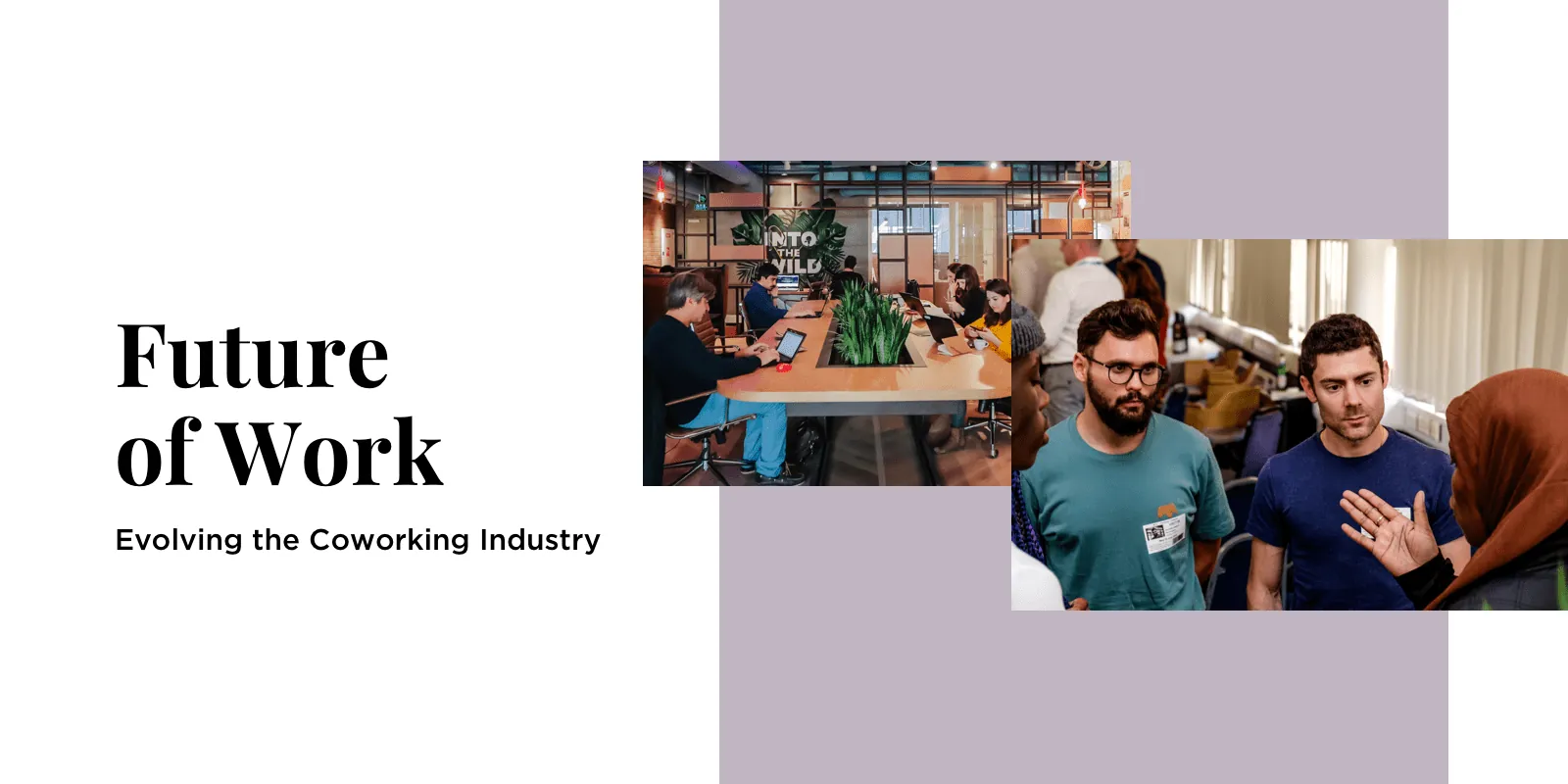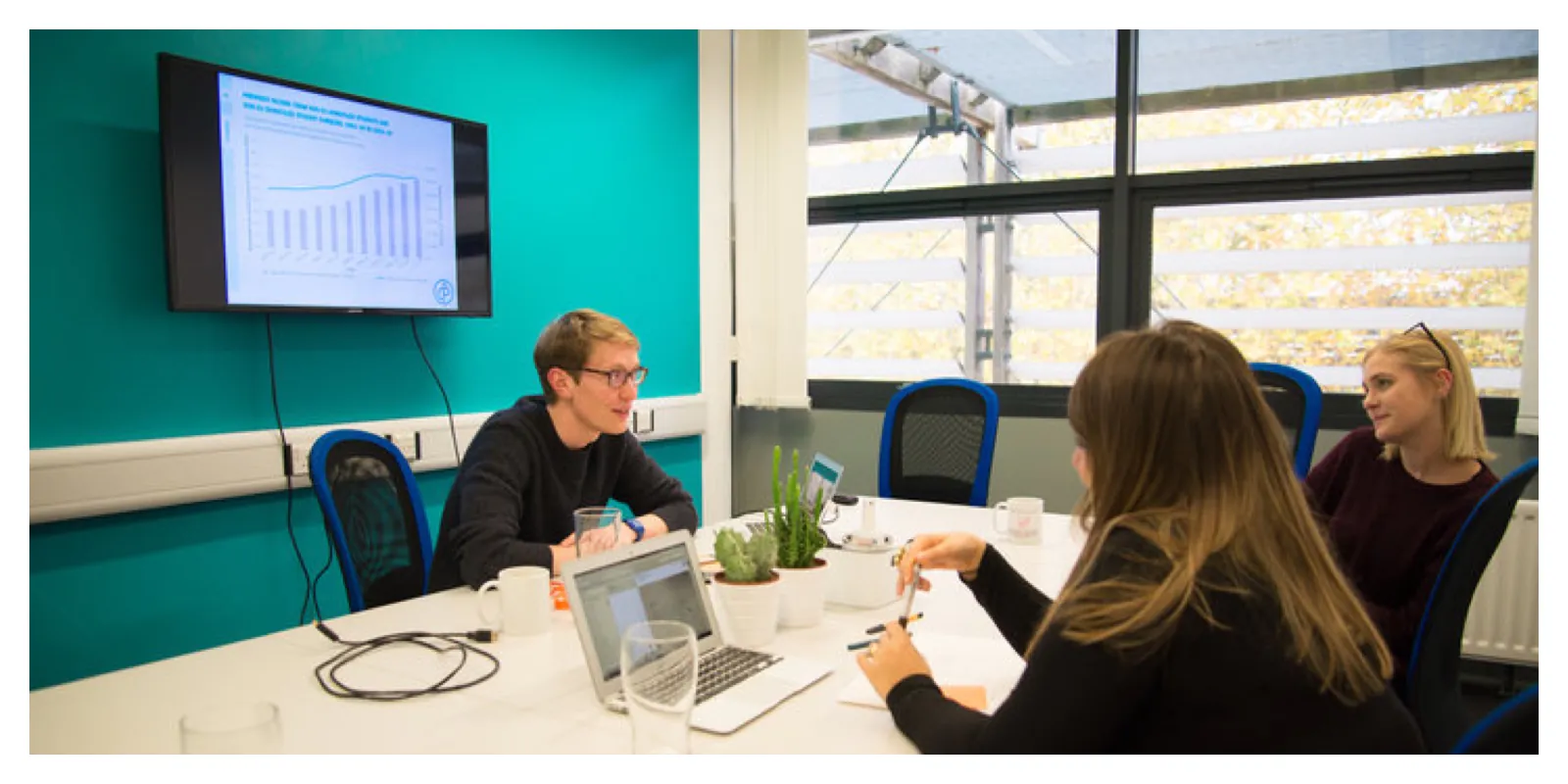
This week we had a chance to speak with a founder who is not only focused on the future of work, but also the future of education.
Edspace, a coworking venue based in London, focuses on hosting companies who want to innovate within education. Built on the belief that the educational system needs to evolve to prepare students for success in the twenty-first century, Ed along with his three co-founders, have established Europe’s next education innovation space.
You’ve been focused on changing the education system to help prepare students for success in the twenty-first century. How do you see the future of education impacting the future of work?
I usually think about this question the other way around, looking at the future of work to understand what education needs to do to prepare young people. However, the future of education could impact work in a couple of ways.
Firstly by truly developing skills like problem solving and collaboration, education can move employers away from the assumption that the first two years of a graduate’s career needs to be executing low value added jobs, a period that is often very demotivating and dispiriting for graduates and can have a long term effect on work attitudes.

Secondary, truly continuous assessment, enabled by technology will mean that employers don’t need to look for signals such as university degrees and A-levels but can simply administer bespoke online tests or look at the data from the student’s own learning portfolio. This will leave the student to focus on learning what they want/need rather than chasing a certification and will help employers make much more informed employment choices.
How did Edspace come to life and what was the biggest challenge in starting up the coworking space?
Running a company in the education sector brings with it a unique set of challenges and issues not prevalent in other industries. To sell in the education sector one needs to approach customers and investors from a solution perspective, creating long term relationships which appreciate the holistic intentions of teachers and education institutions.
Start-ups working in this sector need advice and support when developing a product as it’s very different to using traditional selling techniques. By creating a community of education start ups we felt the networking and sharing of expertise would be an invaluable tool in their growth.
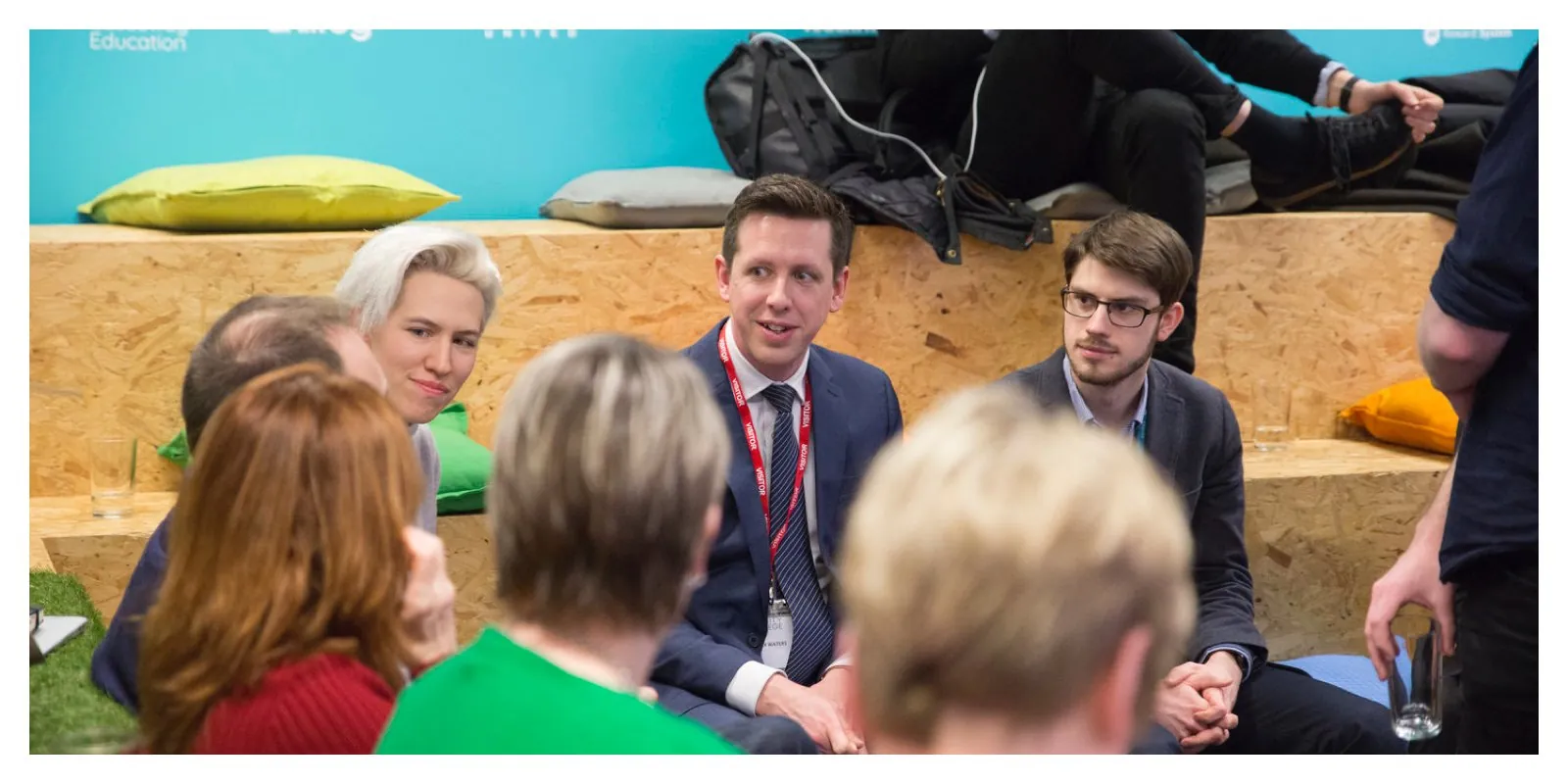
The biggest challenge was two fold. Firstly securing a suitable space brought a host of issues. We didn’t want to charge too much as we are encouraging start-ups to grow but at the same time had to secure enough revenue to procure a space suitable for their demands. Secondly we put a lot of effort into recruiting employees who fit into the culture of coworking and start-up entrepreneurship. As their character would define the vibe in the space, we looked long and hard to find suitable people to hire.
How does having a physical space where teachers, charities, investors, etc. can collaborate, help to transform education? Can you share a few examples of collaboration that has taken place in your space?
Our partnership with Hackney Community College and School 21, means that all the tenants of Edspace are offering internships and apprenticeships to students who traditionally have shied away from the tech/education sector. We feel that by working with these students we can encourage young people into the sector whilst also opening up non traditional work roles to a wide range of students from disadvantaged backgrounds.
Furthermore by grouping investors, developers, teachers and others in one space we are creating an ecosystem of innovators in education. Principals, teachers parent and students can now come straight to us to hear about new products and pedagogy rather than passively waiting to be contacted.
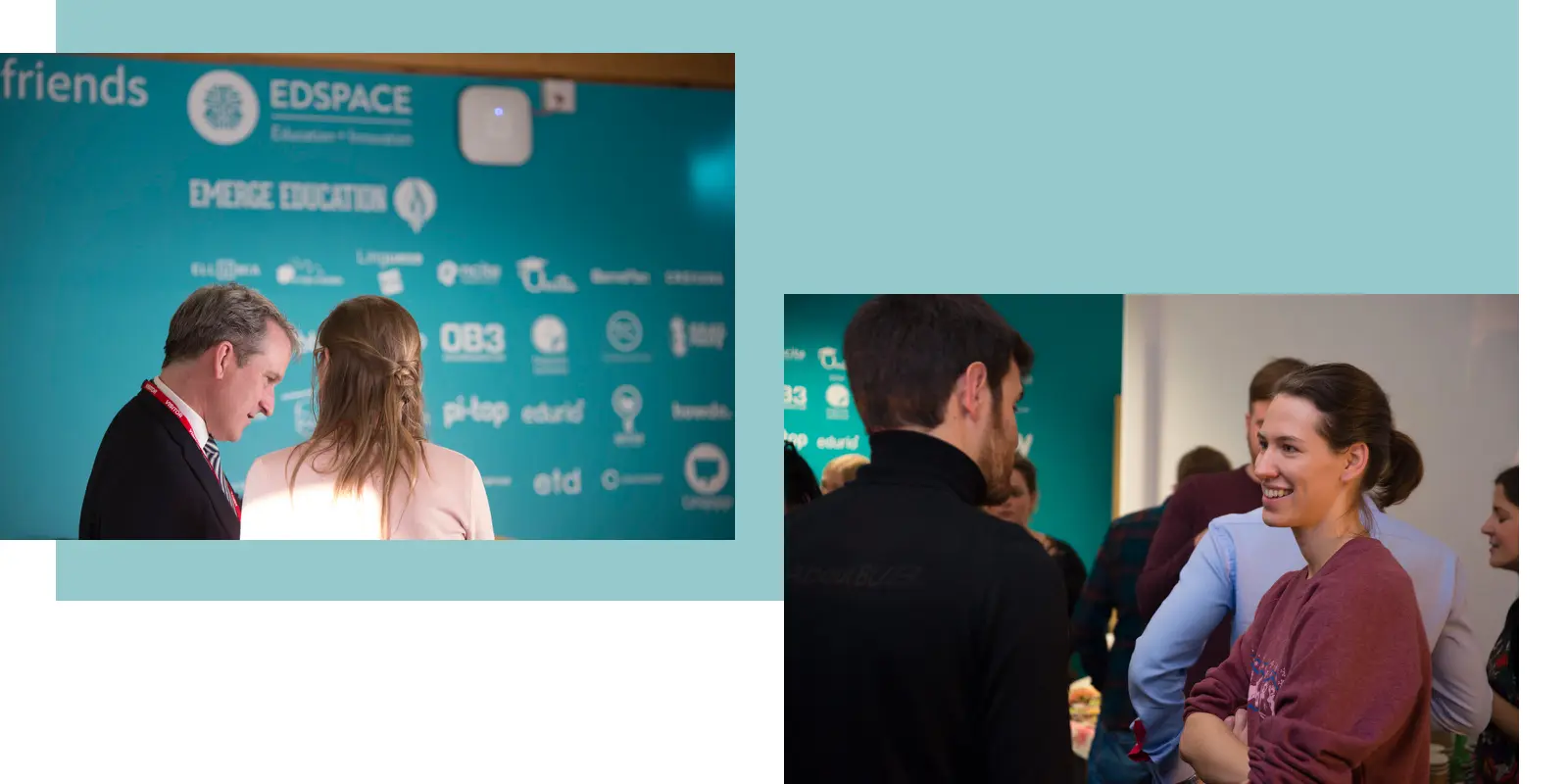
An excellent example of how collaboration has taken place revolves around our ongoing work with a Sub-Saharan Education Ministry. Our tenants are working with the Ministry on their efforts to build a national curriculum, increase access to learning resources and building vocational universities. It was only by having such a diverse range of expertise in one place that we were able to attract the Ministry to Edspace and also be able to offer such comprehensive solutions to their issues. Other examples, whilst less world changing but equally important, revolve around collective buying of services.
Edspace offers services beyond just a desk, such as access to startup loans, business support and mentoring. From the perspective of the coworking space, what value have you seen from this?
These services are invaluable for a space if you wish to be considered a worthwhile destination for start-ups. As we work with smaller scale and foreign companies if we can add value to them it is often a deal breaker on securing a tenant. It also attracts wider interest into the space. The inflow of capital and experience drives more interest in the space whilst also acting as a powerful word of mouth marketing tool. It also makes us more than a coworking space. It means we are acting as an agent of change by providing the tools for people to transform education.
What advice would you give to other coworking space founders that are thinking to specialize in a specific topic?
Passion in your sector is the key driver. If your passion cannot be transferred onto staff and community members you won’t be able to gain the momentum needed to break through as the leader in that sector.
Secondly, have as many partners, whether founders or institutions, as possible who work in your sector. These connections will provide the pipeline, event speakers, mentors and investors you need to create a space which retains exciting companies.
Lastly, a keen understanding of your sector is imperative. You need to know all the latest trends, insights and policy which affect your sector so that you can react to changes in due course whilst also being a focal point for information from your community.


